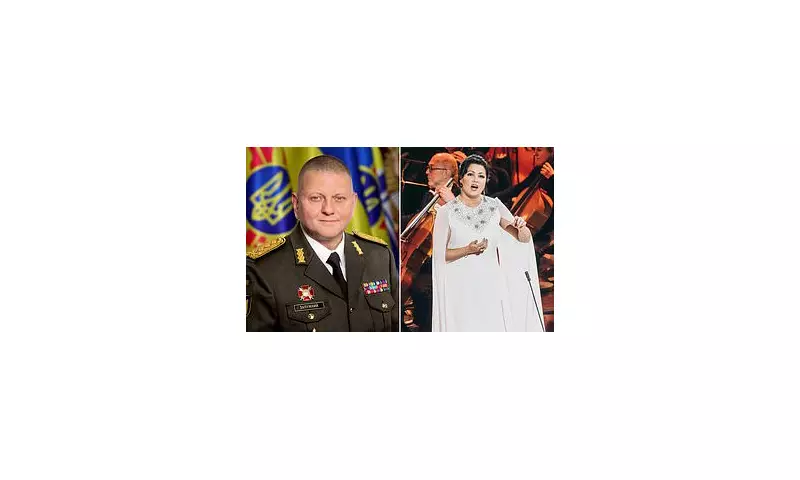
The glittering chandeliers of the Kremlin's opulent state hall provided a stark and shameful contrast to the grim reality of the war in Ukraine this week, as Russia's most celebrated sopranos took to the stage for a concert in honour of the occupying forces.
The performance, a lavish display of state-sponsored culture, has been met with fury and disgust by Ukrainians and the international community. It was seen as a blatant attempt to whitewash the brutal realities of the conflict with a veneer of high art.
'Their Voices Drown Out the Cries of the People'
The most poignant condemnation came from Anna Zaluzhna, the wife of Ukraine's Commander-in-Chief, General Valerii Zaluzhnyi. In a powerful and emotional statement on social media, she laid bare the grotesque irony of the event.
"While Russian singers perform arias in the halls of the Kremlin, their voices are drowning out the cries of the wounded, the mourning, and the killed," she wrote. Her post highlighted the profound moral chasm between the performers on stage and the suffering their state is inflicting.
The Performers in the Spotlight
The concert featured some of the biggest names in classical music, all of whom have faced scrutiny for their ties to Putin's regime. The lineup included:
- Anna Netrebko: The superstar soprano who has previously expressed support for Putin and whose performances in the West have been cancelled since the invasion.
- Hibla Gerzmava: Another renowned vocalist who chose to participate in the propagandistic event.
- Conductor Valery Gergiev: A long-time Putin ally and close friend, who has been dismissed from his posts in Germany and Scotland due to his refusal to denounce the war.
Their participation is viewed not merely as a musical performance, but as an active endorsement of the Kremlin's military actions and war crimes.
A Propaganda Tool for the Kremlin
Analysts state that the concert was a deliberate piece of political theatre. By deploying its cultural icons, the Russian regime seeks to project an image of normality, sophistication, and unwavering national unity to both a domestic and international audience.
This use of art as a weapon of soft power is a well-established tactic, designed to legitimise the illegitimate and distract from the atrocities being committed in Ukraine's cities and villages.
The international arts community continues to grapple with the issue of Russian culture amidst the war, with many institutions maintaining a boycott of state-supported artists who refuse to distance themselves from Putin's government.





